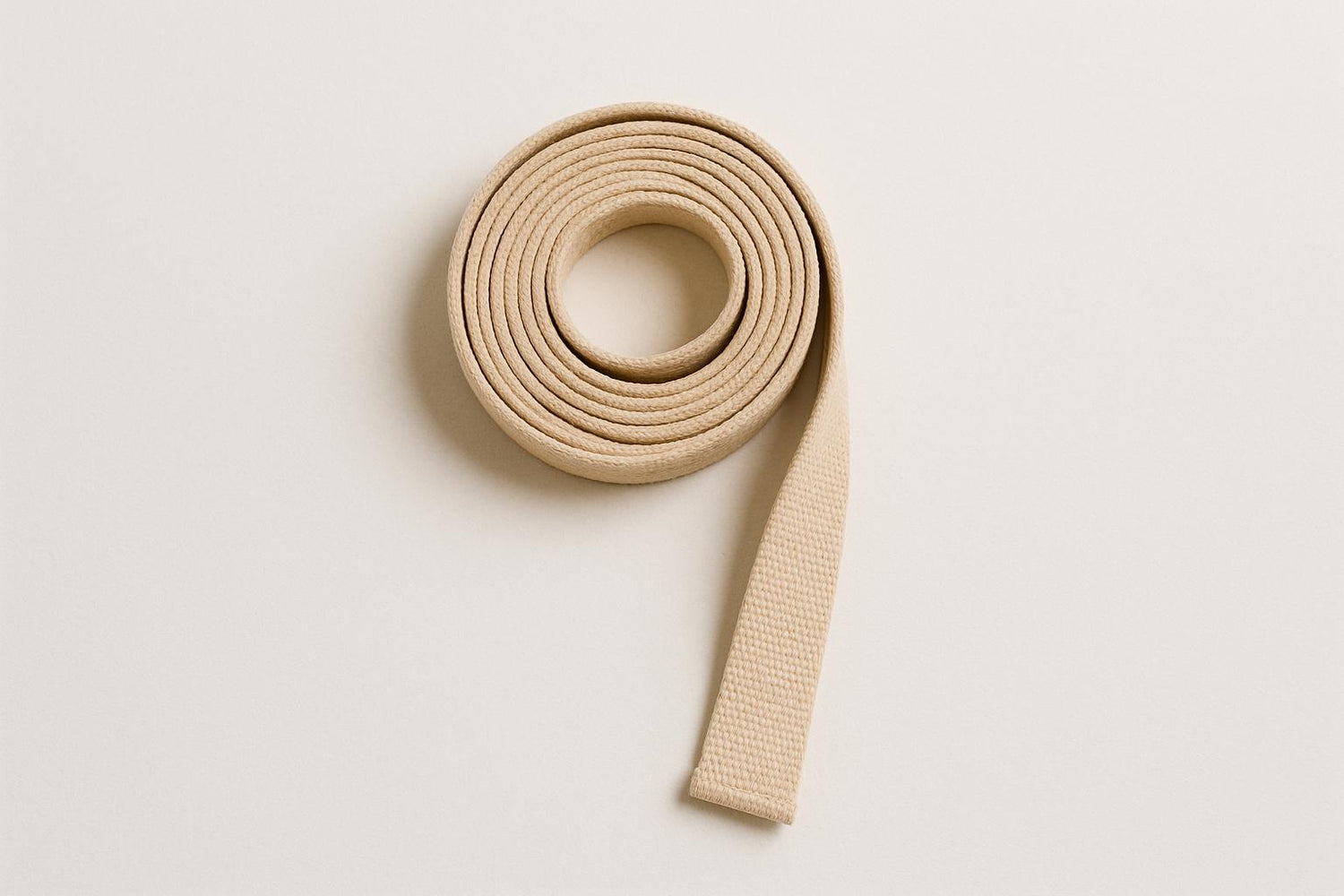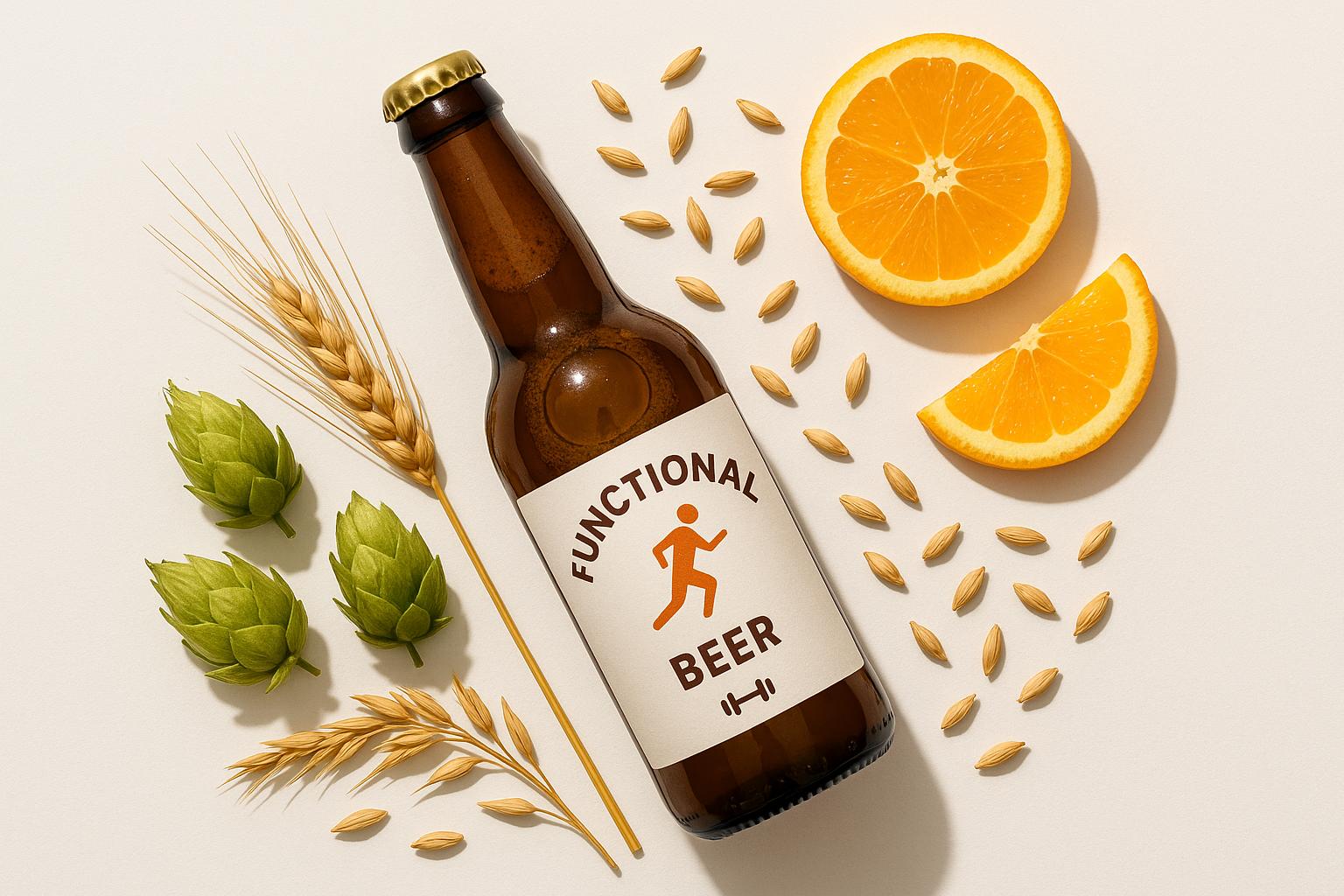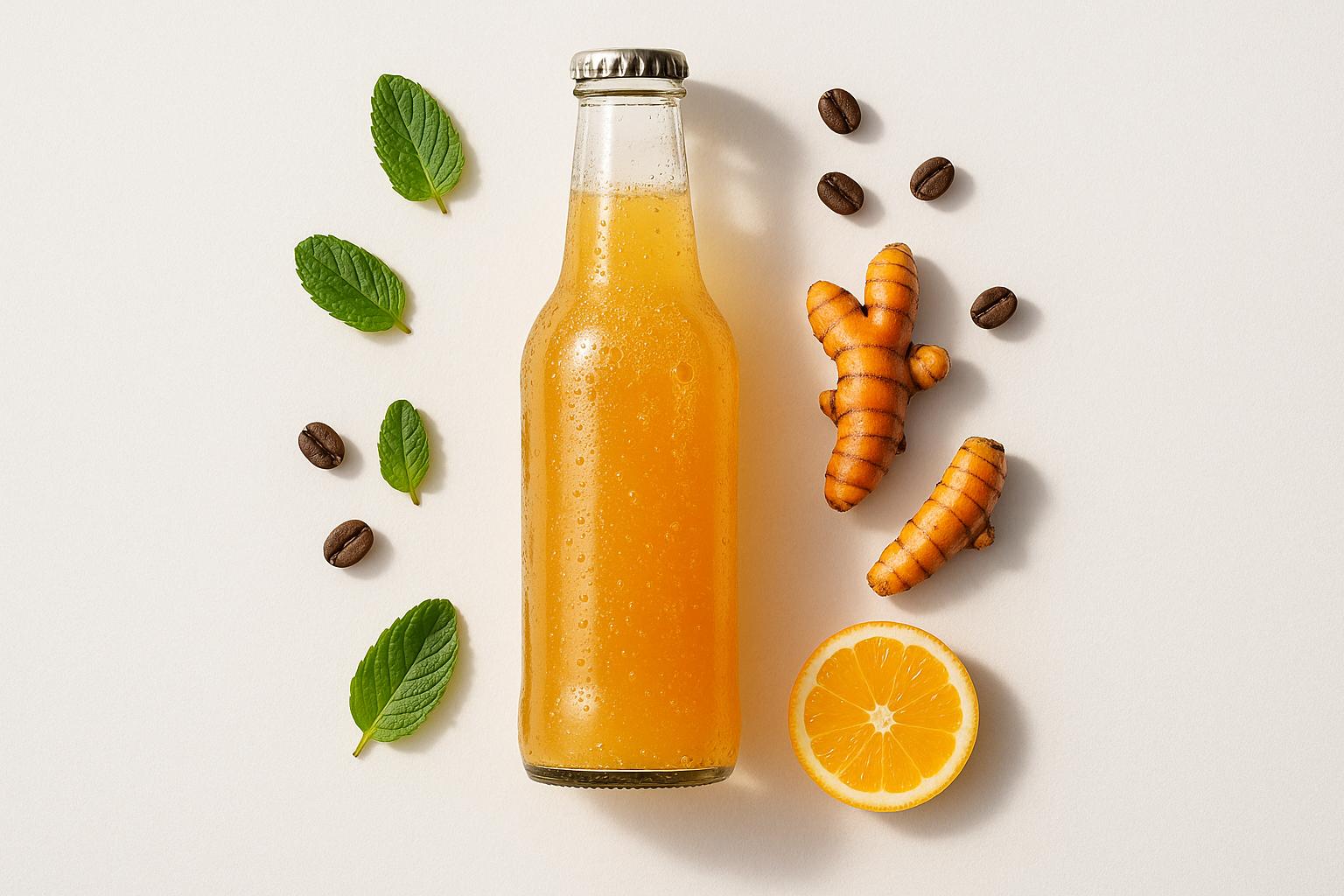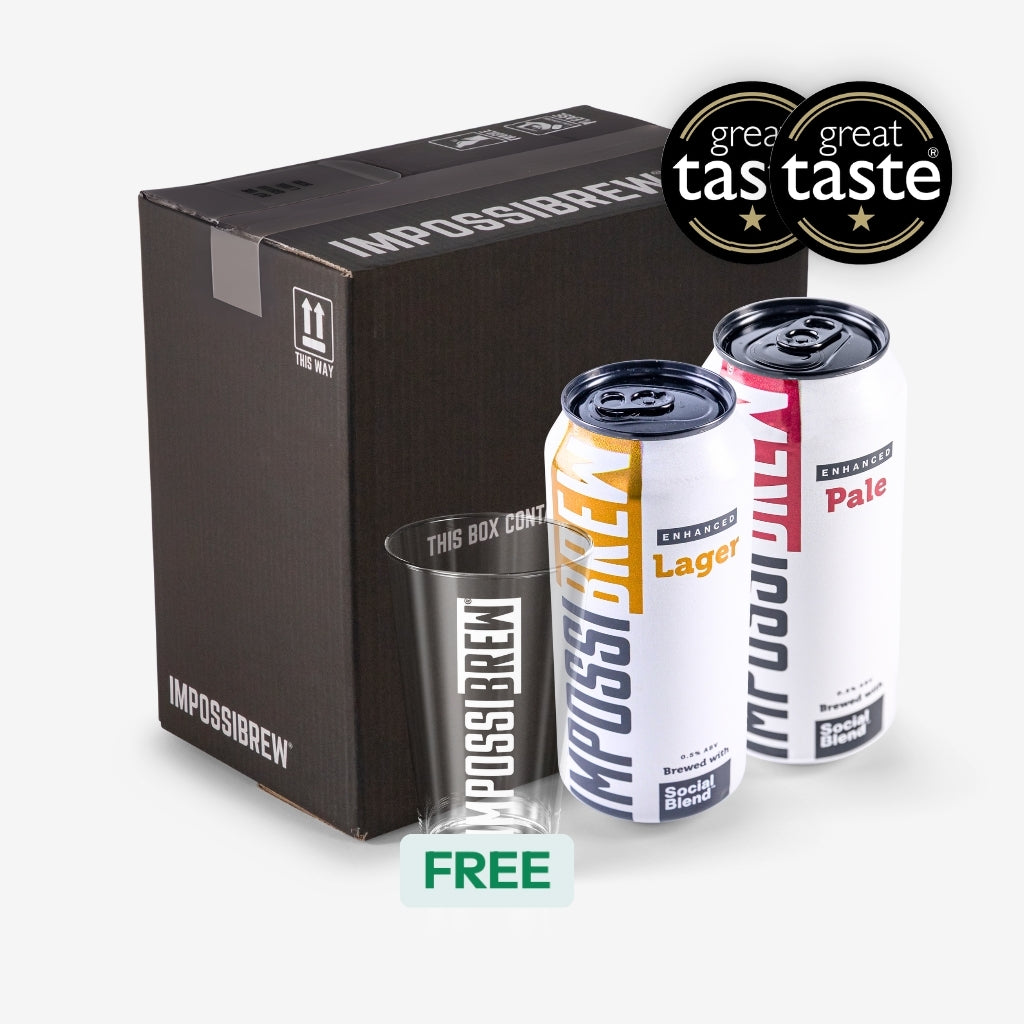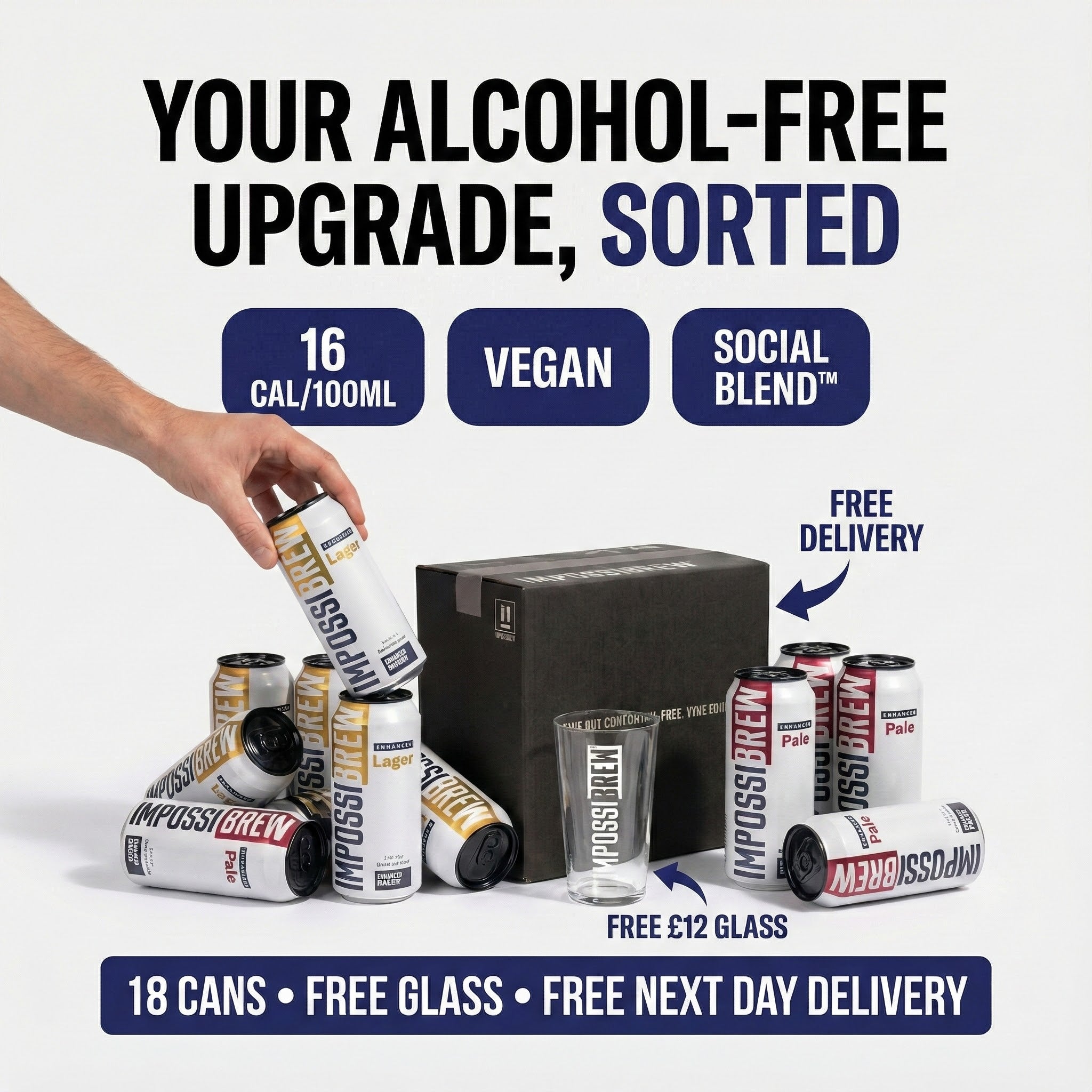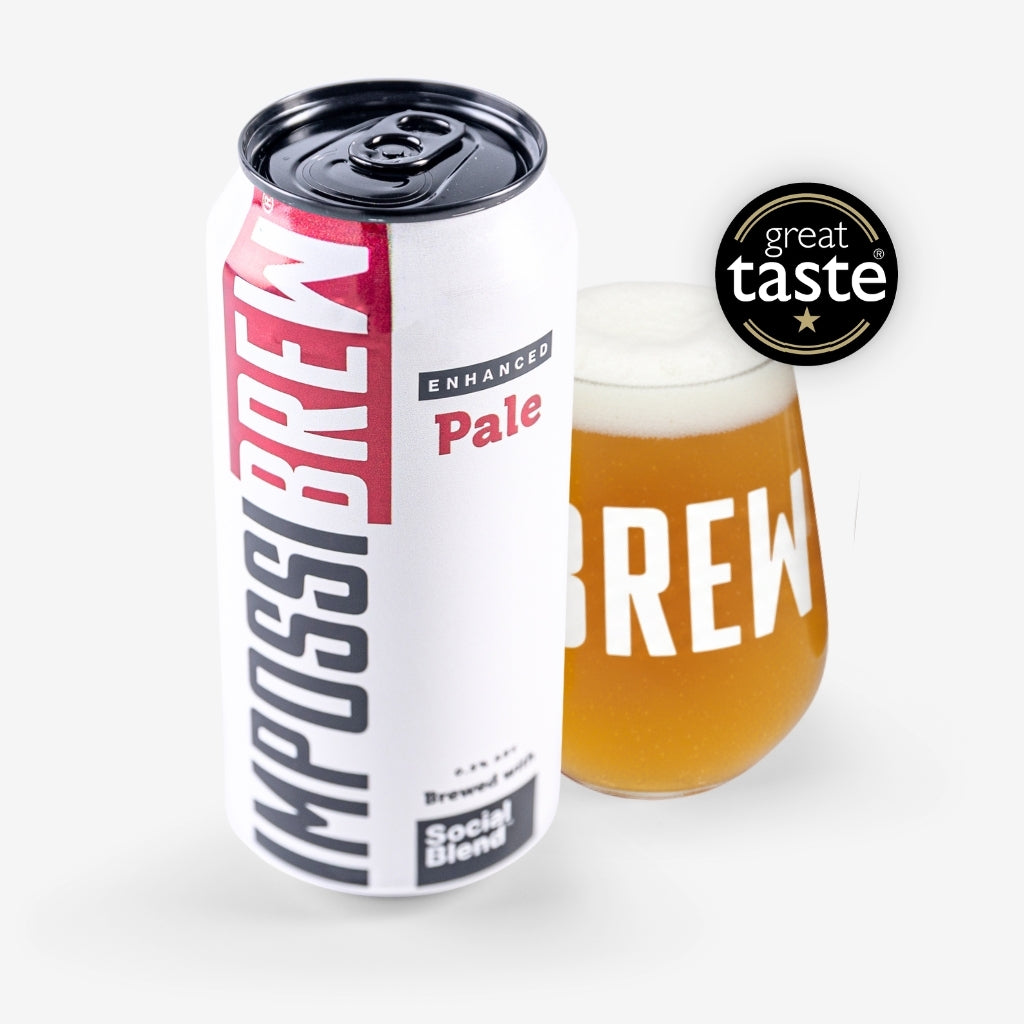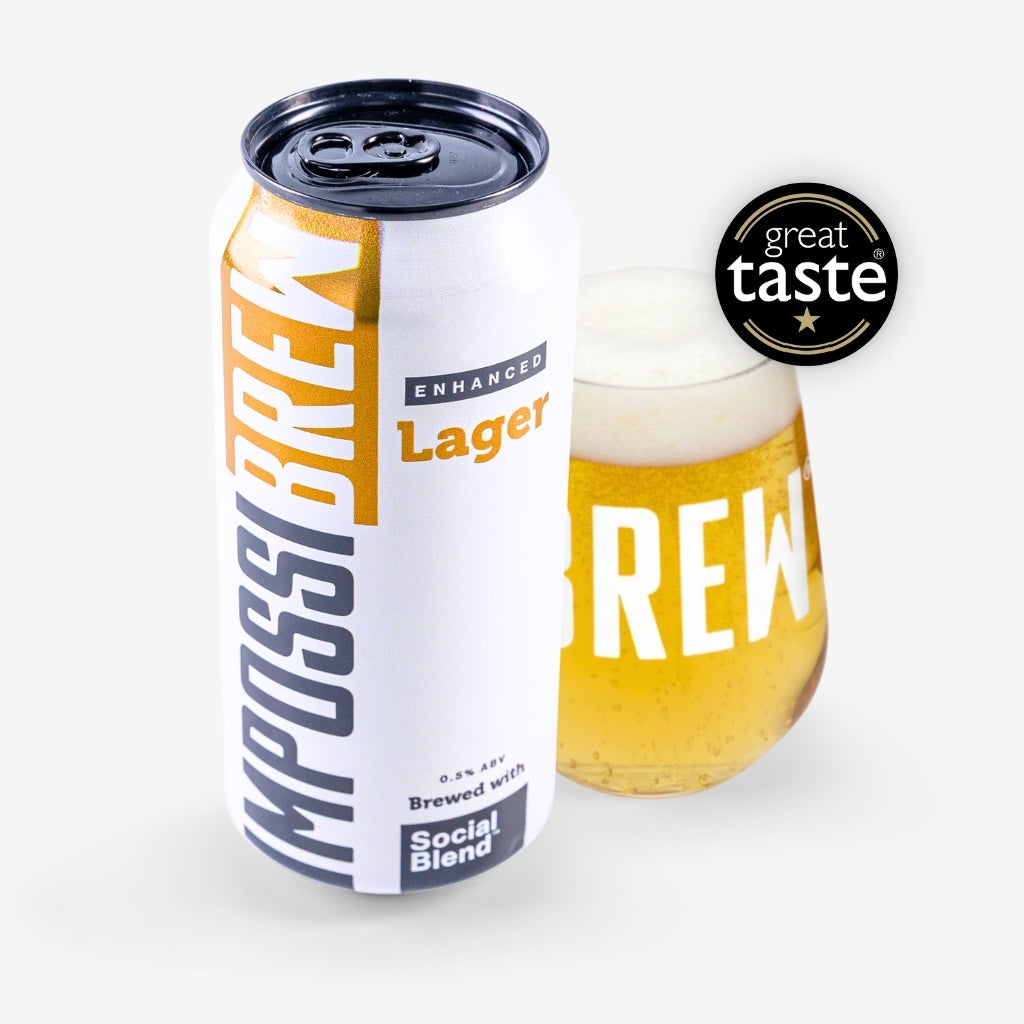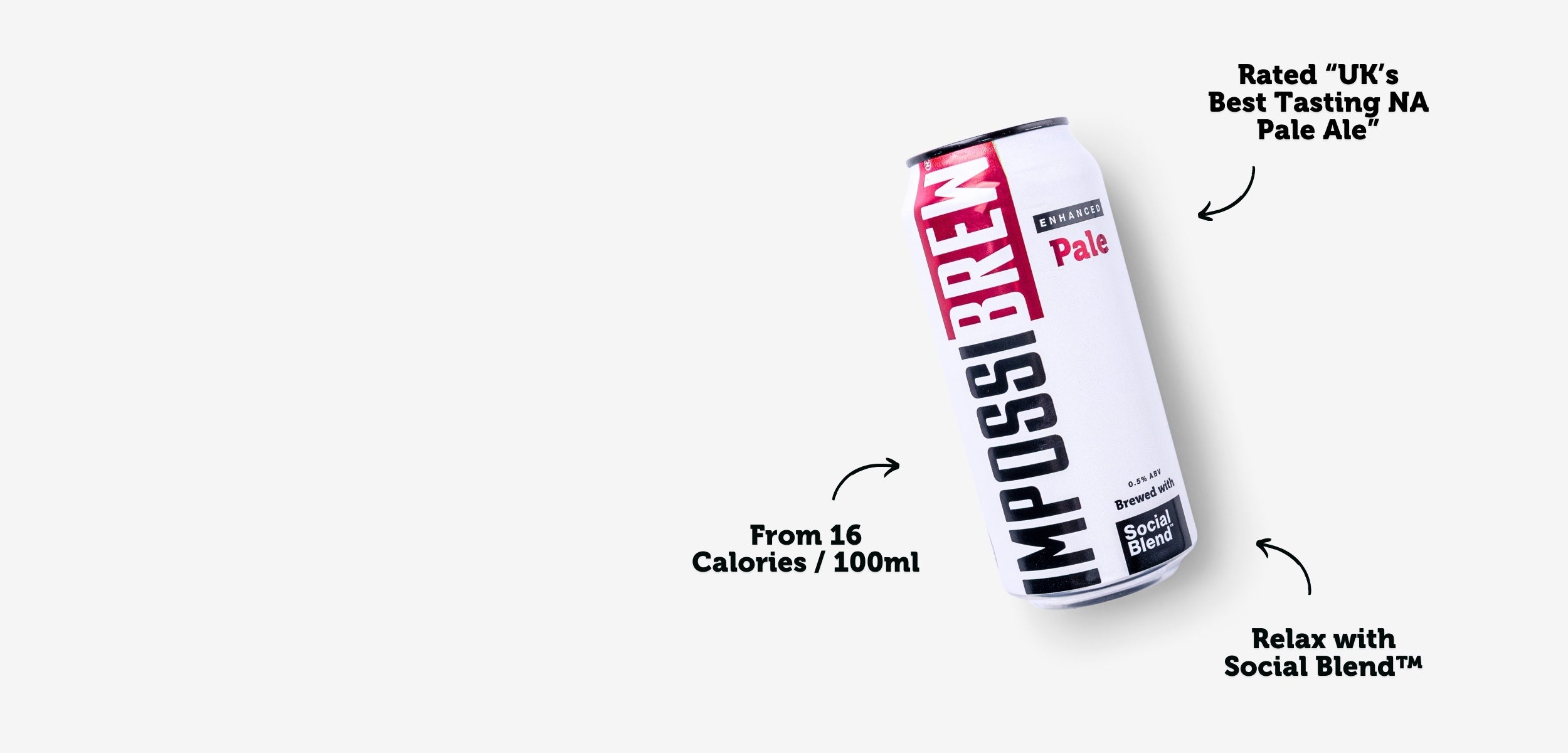Progressive Muscle Relaxation (PMR) is a simple technique where you tense and relax muscle groups to reduce stress and anxiety. Developed in the 1920s by Edmund Jacobson, it’s widely used today for its effectiveness in promoting relaxation. Research shows PMR can lower anxiety, depression, and stress while improving sleep and physical health.
Key Points:
- How It Works: Tense a muscle group for 5 seconds, then relax for 10–20 seconds. Start from the toes and work upwards.
-
Proven Benefits:
- Reduces cortisol (stress hormone), heart rate, and blood pressure.
- Improves sleep quality and mental health.
- Helps with physical discomforts like headaches and back pain.
- Who Benefits: Everyone, including healthcare workers, parents, and individuals with chronic conditions, can experience relief.
- Research Support: Studies confirm PMR’s ability to ease anxiety and stress, often matching or exceeding results from other relaxation methods.
PMR is easy to learn, requires no equipment, and can be practised almost anywhere. Whether at work, home, or during a stressful moment, PMR offers a quick way to calm both body and mind.
Research Studies on PMR for Stress and Anxiety
Clinical Trial Results
Recent clinical trials have shown that progressive muscle relaxation (PMR) can significantly reduce stress and anxiety in various groups. For instance, a systematic review of 46 studies from 16 countries, involving over 3,402 adults, highlighted PMR's ability to alleviate stress, anxiety, and depression in adults [10].
In one study focusing on parents of adolescents with mental health challenges, participants experienced notable reductions in stress and anxiety after just five PMR sessions (P < 0.05). These improvements became even more pronounced after ten sessions, with marked decreases in depression, anxiety, and stress (P < 0.001) [6].
Further evidence comes from clinical trials in medical contexts. For example, patients recovering from hip fractures reported less post-operative pain and anxiety, along with better sleep quality, after participating in PMR exercises (P < 0.001) [7]. Similarly, caregivers of palliative care patients saw reductions in anxiety levels and shifted towards more positive stress-coping strategies while moving away from negative ones [8].
These findings underline PMR's potential as a versatile tool for stress and anxiety management across different settings and populations.
Study Methods and Findings
Researchers have employed rigorous methodologies to assess PMR's impact, often using randomised controlled trials (RCTs) and quasi-experimental designs (QEDs). These studies frequently rely on self-report questionnaires to compare the outcomes of PMR participants with those receiving standard treatments. Notably, some research suggests that PMR can be as effective as anxiolytic medications in reducing brain activity linked to stress and promoting relaxation [8].
In a study targeting adolescents, PMR proved effective in reducing stress, anxiety, and depression within this younger group [9]. The flexibility of PMR is evident in the varying lengths of interventions, which range from as few as five sessions to more extended programmes of ten or more sessions, depending on the needs of the participants.
Research Strengths and Limitations
The global scope of PMR studies, spanning diverse populations such as parents, healthcare workers, patients, caregivers, and adolescents, highlights its broad applicability [10].
"Utilizing PMR is particularly effective in reducing stress, anxiety, and depression."
- Syazwina Muhammad Khir, Department of Psychology, School of Human Resource Development and Psychology, Faculty of Social Sciences and Humanities, Universiti Teknologi Malaysia [5]
One key finding is that PMR tends to be even more effective when combined with other therapeutic interventions, enhancing its benefits beyond standalone use [10]. However, many studies rely on self-reported data, which can be influenced by participants' expectations and perceptions. This calls for further research to refine the ideal frequency and duration of PMR sessions for different groups. Additionally, new studies are investigating how relaxation exercises like PMR can be integrated into broader approaches for tackling stress, anxiety, and depression.
Despite some limitations, the consistent positive outcomes across varied study designs and demographics provide strong evidence for PMR's role in managing stress and anxiety effectively.
Health Benefits of PMR
Physical Health Effects
Practising Progressive Muscle Relaxation (PMR) can lead to noticeable improvements in physical health. Research highlights that PMR reduces electrodermal activity, which is a marker of stress reduction at the cellular level [4]. It’s also been shown to lower heart rate and blood pressure, offering benefits for cardiovascular health. On top of that, PMR helps reduce cortisol levels - this is the hormone your body releases in response to stress - which can significantly counteract the effects of long-term stress [4].
PMR also provides relief from a variety of physical discomforts, including tension headaches, migraines, TMJ disorders, neck pain, and backaches. For individuals managing high blood pressure, PMR offers a non-medicated alternative [3].
These physical changes often go hand in hand with improvements in mental health.
Mental Health Improvements
PMR isn’t just about physical relaxation - it’s a powerful tool for mental well-being too. Regular practice has been shown to reduce anxiety, depression, and general psychological stress. For instance, a 2020 study led by Liu et al. revealed that COVID-19 patients who practised PMR for 30 minutes a day over five days experienced a significant drop in anxiety scores, from 55.3 ± 4.1 to 38.6 ± 3.9 [11][4]. Sleep quality also improved, with scores shifting from 32.4 ± 5.7 to 21.9 ± 4.2 during the same period [11][4]. By teaching individuals to differentiate between tension and relaxation, PMR helps them release chronic muscle tightness [5].
The benefits of PMR are particularly impactful for groups dealing with unique stressors.
Benefits for Specific Groups
Certain groups of people experience especially meaningful benefits from PMR. Healthcare workers, for example, often deal with high levels of stress. A 2022 study by Ganjeali et al. found that nurses caring for COVID-19 patients experienced a reduction in stress levels (from 13.91 ± 2.41 to 10.95 ± 2.01) and anxiety scores (from 13.34 ± 3.41 to 9.47 ± 2.37) after practising PMR [11][4]. Similarly, individuals with chronic respiratory conditions like COPD, cystic fibrosis, or lingering post-COVID-19 symptoms have reported less psychological distress and better sleep quality through PMR [11].
The benefits extend beyond healthcare settings. A 2019 study by Merakou et al. showed that PMR significantly reduced depression, anxiety, and stress among 50 unemployed participants, while also improving their overall quality of life [1]. Even mothers of premature babies, who often face sleep challenges during the postpartum period, have reported better sleep quality thanks to PMR [1].
Progressive Muscle Relaxation: An Essential Anxiety Skill #27
sbb-itb-a752bf8
How to Practise Progressive Muscle Relaxation
Progressive Muscle Relaxation (PMR) has been shown to offer a range of benefits. Here's how you can make it a part of your routine.
Basic PMR Techniques
Start by finding a quiet, comfortable spot where you can sit or lie down for 10–15 minutes [3]. Take a few deep breaths to centre yourself. Begin at your toes and gradually move up through your body - focusing on your feet, calves, thighs, abdomen, hands, arms, shoulders, neck, and face. For each muscle group, tense the muscles for about 5 seconds, then release and relax for 10–15 seconds. The key is to notice the shift between tension and relaxation.
It’s important not to overstrain or excessively tense your muscles; the goal is to create just enough tension to feel the difference without causing discomfort [3]. To enhance the process, coordinate your breathing: inhale as you tense and exhale as you release. These simple steps not only relax your body but also support the mental health benefits discussed earlier. Once you're comfortable with the full routine, you can switch to a shorter version that targets specific muscle groups [3].
Modified PMR Methods
PMR can be tailored to suit your preferences. If tensing your muscles feels unhelpful, try passive progressive relaxation, where you simply focus on each muscle group and consciously let go of tension [3]. Combining PMR with slow, deep breathing can amplify its calming effects by engaging your body's natural relaxation response.
"Progressive muscle relaxation helps you activate your body's natural relaxation response, which lowers your body's fight-or-flight response and reduces stress. It also keeps you focused on the present, and when you're in the present, you're not worrying about what might happen in the future."
– Vicki Kamhi, Counsellor at Saint Francis Medical Center College of Nursing [15]
Some people find guided audio recordings helpful when starting out, while others prefer complete silence. Experiment with different methods to find what works best for you.
Where and When to Practise PMR
One of PMR’s strengths is its flexibility - it can easily fit into various settings and schedules. Whether you’re at home preparing for sleep [2] or taking a short break at work, even a 10–15 minute session can help reduce stress [14].
A study conducted at two automotive assembly plants in Malaysia highlighted PMR's effectiveness. Workers at one plant were trained in PMR and encouraged to practise at home through reminders sent via phone calls, SMS, and emails. The results showed a notable reduction in stress levels among participants [13]. As one expert explained:
"Employee health has been linked to productivity at work, so your boss has an incentive to create a work environment that promotes employee well-being."
– American Psychological Association [12]
For the best experience, set aside 15–20 minutes for a full PMR session when you’re feeling calm. However, with practice, you can also use PMR during particularly stressful moments for quick relief [14].
Summary and Key Points
Progressive Muscle Relaxation (PMR) is a research-backed technique proven to help manage stress and anxiety effectively. Studies show that this straightforward method can offer noticeable benefits for both mental and physical health.
Main Benefits of PMR
PMR is known to lower levels of depression, anxiety, and stress, leading to an improved quality of life [1]. By triggering the body's relaxation response, it slows breathing, reduces blood pressure, and decreases heart rate [16]. For example, a 2019 study revealed that when paired with music therapy, PMR helped improve systolic blood pressure in older adults. Similarly, research involving burn patients showed better sleep quality and reduced anxiety [1]. Another study from 2016 even highlighted that PMR was just as effective as acupuncture in reducing tension, anxiety, and anger [1].
Getting Started with PMR
One of PMR's greatest strengths is its simplicity and accessibility. You don’t need any special equipment - just 15–20 minutes of focused time in a comfortable environment [1]. Regular practice, even on calm days, helps you master the technique more effectively [1].
To begin, wear loose, comfortable clothing and find a quiet spot free from distractions. Turn off your phone, and if you prefer, use guided audio recordings or work with a professional. The key is consistency. During the exercises, focus on deep breathing: inhale while tensing your muscles and exhale as you release the tension [1].
Modern Relaxation Approaches
PMR fits seamlessly into a broader range of evidence-based relaxation methods. Research comparing PMR with techniques like deep breathing and guided imagery found that while all three are effective, PMR and guided imagery tend to produce stronger physiological relaxation [4]. This reflects a growing trend of combining scientific insights with practical wellness strategies.
Take, for instance, IMPOSSIBREW® (https://impossibrew.co.uk), which applies scientific principles to relaxation in social settings. Their Social Blend™ formula, used in their non-alcoholic beers, is designed to promote relaxation without the downsides of alcohol. This approach mirrors the philosophy behind PMR - using science to foster genuine wellbeing.
In short, PMR is a quick and effective tool for stress relief, making it an essential part of modern wellness strategies [4].
FAQs
How effective is Progressive Muscle Relaxation compared to other relaxation techniques?
Progressive Muscle Relaxation (PMR) is a well-known method for easing stress and anxiety, supported by a range of studies that highlight its effectiveness. What makes PMR stand out is how straightforward and accessible it is, making it a great option for people of all ages and fitness levels. The process involves tensing and then relaxing different muscle groups in a structured way, helping individuals notice areas of physical tension and achieve a deeper sense of calm.
Studies show that PMR can be just as effective as mindfulness or deep breathing exercises for managing stress and anxiety, especially when practised consistently. That said, the most suitable technique often comes down to what works best for each person. For anyone looking for a research-backed approach that’s easy to fit into daily routines, PMR is a solid option.
Can progressive muscle relaxation be used alongside other therapies for better results?
Yes, progressive muscle relaxation (PMR) can be paired with other therapies to boost its effectiveness. Studies suggest that combining PMR with techniques like mindfulness meditation, music therapy, or cognitive behavioural therapy (CBT) can lead to better outcomes in managing stress and anxiety. These methods complement each other by merging PMR's physical relaxation with mental and emotional strategies for a more balanced approach.
For instance, practising PMR alongside mindfulness meditation has been shown to alleviate sleep problems and lower anxiety levels. These combined approaches offer a more thorough way to promote mental calmness and overall relaxation.
How often and for how long should I practise Progressive Muscle Relaxation for the best results?
For the best outcomes, try practising progressive muscle relaxation once or twice daily. Ideally, sessions should last between 10 and 20 minutes, though even shorter sessions of 5 to 15 minutes can work well, depending on your schedule and preferences. Consistency is what really matters to fully experience its stress and anxiety-reducing effects.

